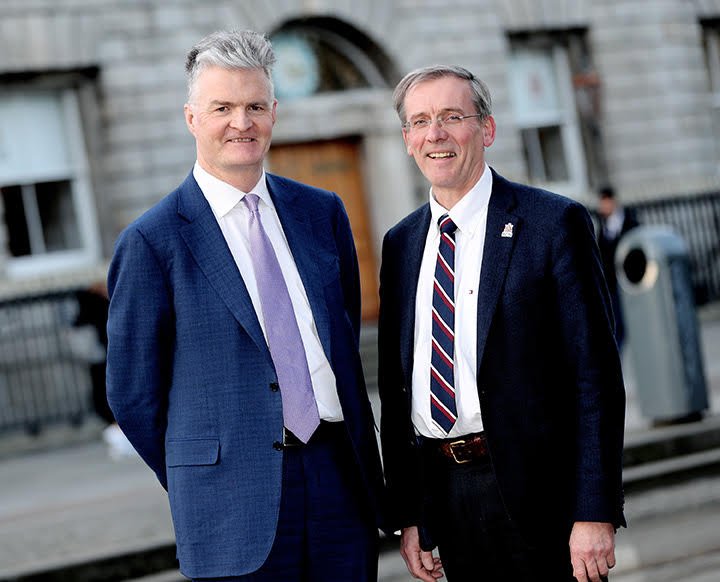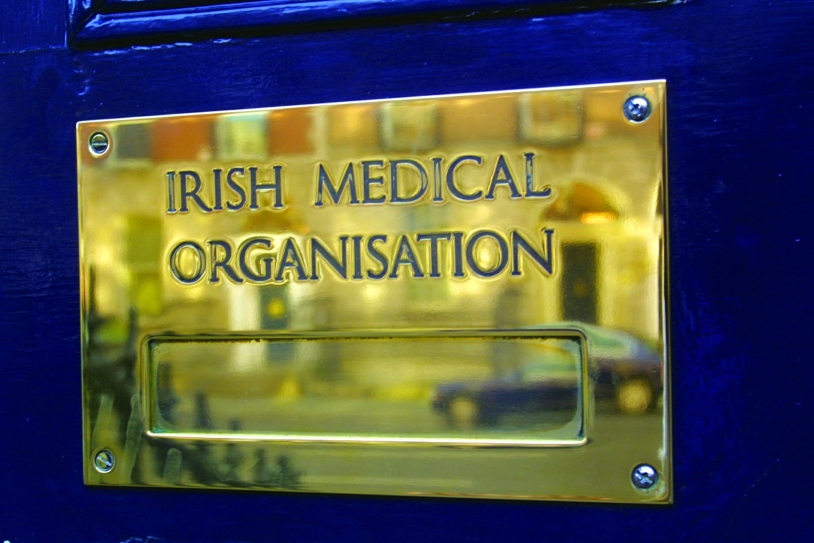A new multi-national anaesthesia partnership programme for East, Central and Southern Africa has been launched. This Department of Foreign Affairs and Trade-funded programme aims to provide access to safer and more affordable anaesthesia care for those in need of surgery in the region.
Developed in a collaboration between RCSI’s Institute of Global Surgery, the College of Surgeons of East, Central and Southern Africa (COSECSA) and the College of Anaesthesiologists of Ireland (CAI), the programme aims to build the capacity of the College of Anaesthesiologists of East, Central and Southern Africa (CANECSA) to address the most significant barrier to safe surgery in the region.
Announcing the programme, RCSI President Mr Kenneth Mealy said: “There can be no safe surgery without safe anaesthesia, yet, anaesthesia has been historically under-developed in sub-Saharan Africa. The shortage of safe anaesthesia providers is now one of the most significant barriers to the provision of safe surgery in East, Central and Southern Africa.”
“The CANECSA multi-national training programme is a unique and ambitious venture, with the potential to significantly scale up anaesthesia training and service in the region in the future. The unique collaboration of four Irish and African training Colleges will empower CANECSA to work towards health equality for all who are affected by current surgical conditions or require surgical and anaesthesia care in the region.”
Existing training models in place are not producing the necessary number of anaesthesiologists required to provide safe anaesthesia care. At present, the shortage is aggravated by the low number of trainers, a lack of formal training for trainers, the cost of training, and the lack of professional prestige associated with their training. Collegiate training through CANECSA has been identified as an important solution to the lack of anaesthesiologists in the region.
Beginning in 2020, CANECSA, COSECSA, CAI and RCSI will work together to establish training sites in the region, develop suitable curricula and hold internationally benchmarked anaesthesia Fellowship exams.
The programme builds on the well-established RCSI and COSECSA Collaboration Programme, and funding has been provided by The Department of Foreign Affairs and Trade for the period of December 2019 to November 2020. Through a range of joint initiatives such as this, RCSI and COSECSA are working to make access to safe, affordable and timely surgical care a non-issue in the region.
Mr Mealy said: “We welcome the launch of this multi-national training programme in partnership with CANECSA, COSECSA, and CAI. The introduction of a programme such as this is a significant step towards the provision of safe and affordable anaesthesia services in the region. At RCSI, we are proud to be able to share our resources and expertise, working with partner organisations to deliver much needed programmes like this, with the ultimate goal of achieving health equity for all.”
CANECSA President Dr Mpoki Ulisubisya said: “The number of professionals in anaesthesia in East, Central and Southern Africa is very low compared to the region’s population and its burden of disease. CANECSA aims to advance education, standards, and research in safe anaesthesia and critical care for the people of East, Central and Southern Africa to significantly scale up anaesthesia service in the region.”
Dr Brian Kinirions, President of the College of Anaesthesiologists of Ireland said: “ We are committed to harnessing the support of our global network of Fellows to deliver initiatives in low and middle income countries in line with the Lancet commission findings and UN Sustainable Development Goals to improve access to safer Anaesthesia and safer surgery. We welcome this partnership with RCSI, CANESCA and COSECSA to increase patient safety for all.”
In 2012, the Anaesthesiology Societies and Associations from the Eastern Central and Southern Africa region supported by the College of Anaesthesiologists of Ireland established the College of Anaesthesiologists of East Central and Southern Africa (CANECSA). The role of CANECSA is to act as a training and accrediting College for physician training in Anaesthesiology in the region. CANECSA will address the chronic deficit in physician provided Anaesthesiology and facilitate capacity building in the region.
Dr Kinirons said: “This partnership will support and sustain the development of CANESCA, through curriculum development, exam support, accreditation, for example,as the training and accrediting body for anaesthesiology in Sub Saharan Africa. In so doing, CANECSA will be part of the solution with respect to capacity building in the region and will allow the delivery of safe anaesthesia to those who need it most.”













Leave a Reply
You must be logged in to post a comment.